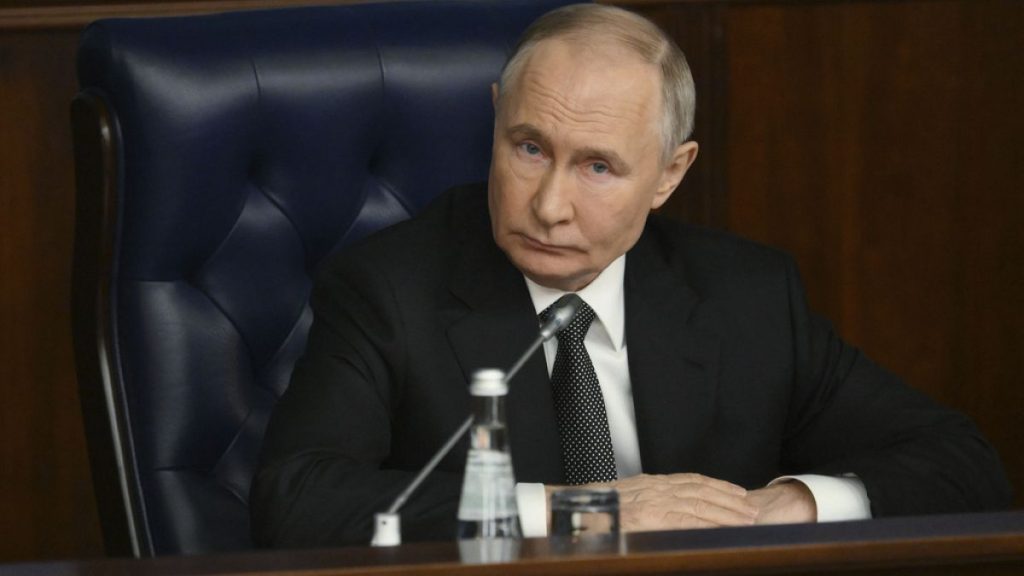A wave of misinformation is currently circulating on Chinese-language social media platforms, falsely claiming that Russian President Vladimir Putin has sent his son to the front lines of the war in Ukraine. This narrative is primarily fueled by a miscaptioned video showing Putin pinning a medal on a young man in military uniform. The accompanying text often draws a parallel to Chairman Mao Zedong, who allowed his son to fight in the Korean War, portraying Putin’s alleged action as a testament to his commitment to defending Russia, in contrast to leaders of other nations who supposedly shield their children from conflict.
The video itself, however, does not depict Putin’s son. A simple reverse image search reveals the true identity of the young man as Senior Lieutenant Stepan Belov. The scene is from a December 2022 Kremlin ceremony where Putin awarded Belov the title of Hero of the Russian Federation for his outstanding service. This event was widely covered by Russian media, including Ria Novosti Mediabank, and a video of the ceremony is available on the Kremlin’s official website, confirming Belov’s identity. There is no evidence whatsoever linking Belov to Putin as a son or otherwise. The narrative surrounding the video is a complete fabrication.
This misinformation campaign exploits the historical precedent of Mao Anying’s participation and death in the Korean War to create a compelling, albeit false, narrative that resonates with a particular audience. By framing Putin’s supposed action in the context of Mao’s sacrifice, the narrative attempts to legitimize the Russian invasion of Ukraine and portray Putin as a strong, patriotic leader willing to share the burdens of war with his people. This comparison also serves to implicitly criticize Western leaders, portraying them as detached and uncommitted to the conflicts their nations engage in.
The spread of this disinformation highlights the vulnerability of online platforms to manipulation and the ease with which false narratives can gain traction, particularly when they tap into pre-existing cultural and historical narratives. The use of Chinese-language platforms specifically suggests a targeted effort to influence public opinion within the Chinese-speaking world, possibly aiming to bolster support for Russia’s actions in Ukraine or to sow discord by contrasting Putin’s supposed patriotism with the perceived actions of Western leaders.
While Putin’s family life remains largely private, he has publicly acknowledged having two daughters, Katerina Tikhonova and Maria Vorontsova, both of whom have been subjected to sanctions by Western governments in response to the war in Ukraine. Persistent rumors regarding other children, born from alleged previous marriages or extramarital affairs, continue to circulate, but none of these claims have been substantiated. The secrecy surrounding Putin’s private life contributes to the fertile ground for speculation and the propagation of misinformation, as demonstrated by the false narrative surrounding Stepan Belov.
This incident underscores the importance of media literacy and critical thinking in the digital age. The ease with which manipulated videos and fabricated narratives can be disseminated necessitates a cautious approach to information consumed online. Verification through reputable sources, reverse image searching, and cross-referencing information are crucial steps in discerning truth from falsehood. This case of misinformation regarding Putin’s son serves as a potent reminder of the power of fabricated narratives and the need for vigilance in the face of online propaganda.














